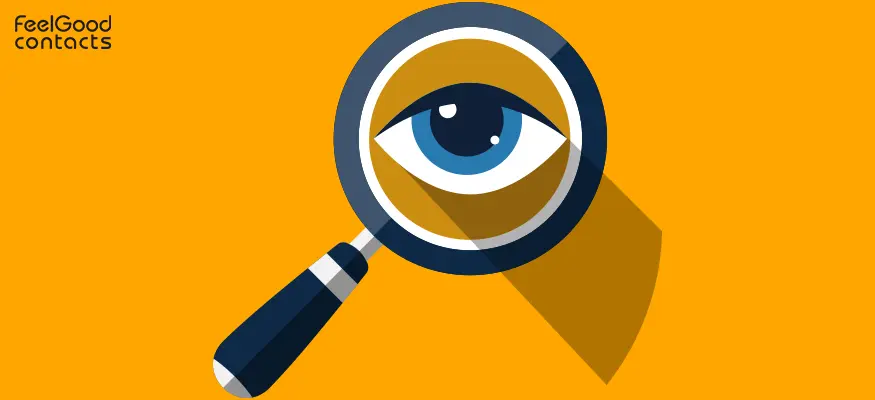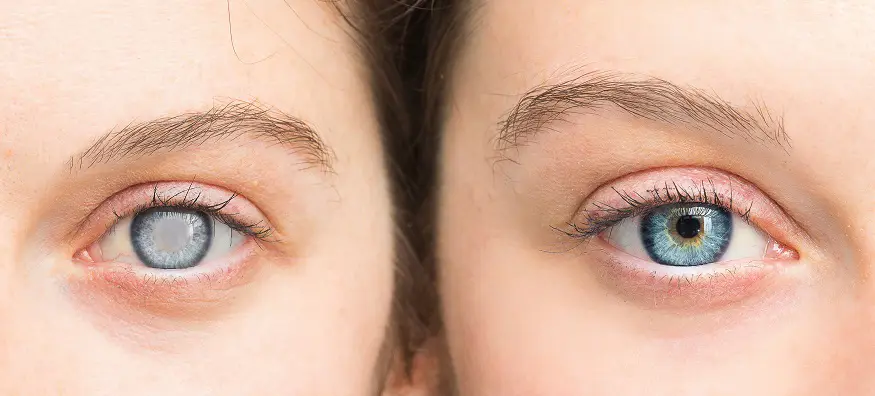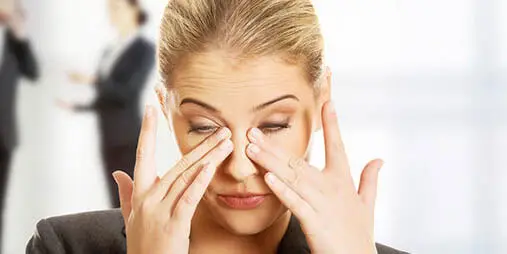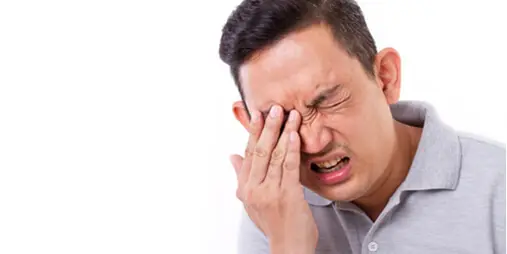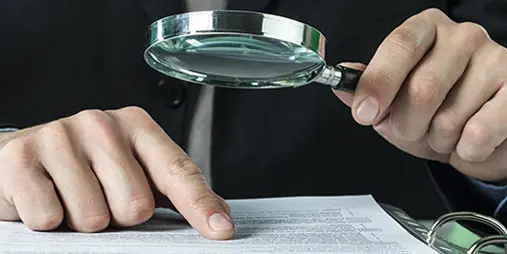In most cases these muscle contractions affect one eye, but can sometime affect both. When eye twitching occurs, you will notice the movement every few moments, usually starting and stopping for a brief period of time. In some cases, the spasms are so strong, they can cause the eye to momentarily shut completely.
How do I get my eye to stop twitching?
There are various factors that may contribute to eye-twitching, although they are not conclusive, taking note of potential causes and making lifestyle changes usually manages the condition quickly.
Tiredness and fatigue
Eye twitching can be caused by a lack of sleep and overworking one’s self. Getting more rest and trying to reduce/better manage ones work load can easily deal with this.
Caffeine
Though people mainly associate caffeine with coffee, the stimulant can also be found in energy drinks and high sugar foods. Try slowly reducing your caffeine intake by cutting a cup a day, also double check food labels to make sure there is no added caffeine in anything else you’re eating.
Stress
Stress can have a highly negative effect on the body and also leads to tiredness and fatigue that are also associated with eye twitching. Find ways to address what is causing you the stress and utilize coping mechanism to reduce its effects when a stressful situation arises.
Applying a warm compress such as The Eye Doctor Premium mask may also help to reduce eye twitching. The mask applies a warm soothing sensation to the eye area, as is especially nice to wear at night before you go to bed.
Dry eyes can also contribute to eyelid spasms, eye drops/ over the counter artificial tears can add a touch of moisture to dry and dehydrated eyes. In some cases, eye twitching can be a side effect of certain drugs.
What to do if my eye twitching doesn’t stop?
Some people find that twitching will go on for hours, days, or weeks. This is a very rare occurrence but can be very uncomfortable and distracting. If you find that despite changing your routine and eliminating possible causes, your eyes still twitch consistently? It is highly advisable that you speak to your doctor or GP who will carry out a deeper examination. In some incredibly rare instances, twitching can also be an early symptom of dystonia, bell’s palsy, Parkinson’s disease and Tourette’s syndrome.




















